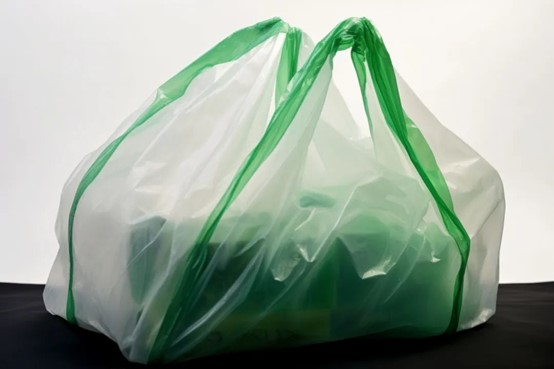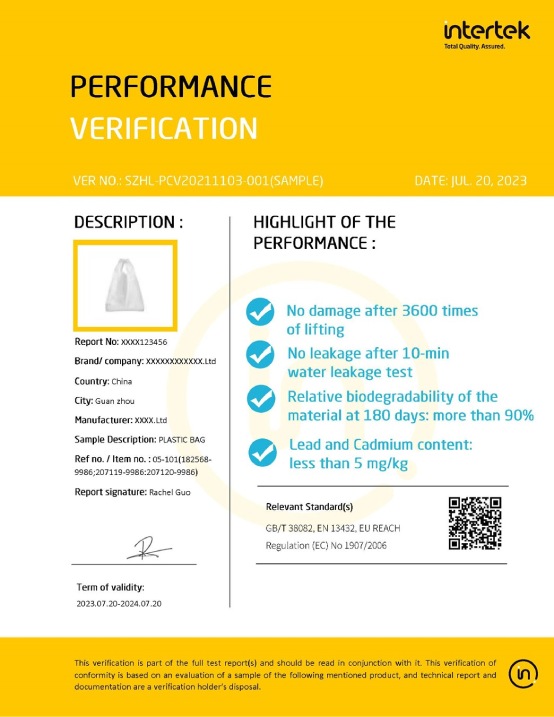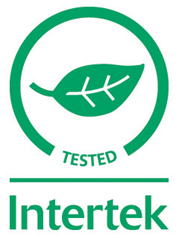Packaging assumes the function of containing, protecting and beautifying products. At the same time, it also plays the role of displaying information and promoting products to attract consumers. For this reason, the use of packaging films is huge, and they can be found everywhere in daily life. In 2022, the plastic consumption in China's packaging industry is about 49.2 million tons. Flexible packaging plastic consumption accounts for about 67%. 16 million tons of plastic flexible packaging waste came from people’s lives. Among them, disposable shopping bags, vest bags, garbage bags flexible packaging account for 11%.
However, a large number of packaging has been discarded after use by the end user (consumer), is no longer reused or recycled, and cannot be degraded. This results in the waste of energy resources, environmental pollution. According to the opinion of the National Development and Reform Commission (NDRC) and the Ministry of Ecology and Environment (MEE) (FaGaiHuanZi [2020] No. 80), by the end of 2025, the ban on non-degradable plastic bags will be extended to all bazaars in built-up areas of cities at and above the prefecture level and in built-up areas of cities in coastal areas. It is encouraged to stop the use of non-degradable plastic bags in places such as urban-rural areas, towns, and rural markets.

On the other hand, according to the NDRC's Catalogue for the Guidance of Industrial Structure Adjustment (2023 Edition, draft for comments), the development, production and application of biodegradable plastics and their products are encouraged. Financial institutions are encouraged to provide credit support for them. Meanwhile, as the concept of sustainable development rises in popularity in China as well as globally, it is being pursued by more brands and recognized by consumers that packaging should meet the functional requirements, while its harm to human health and the ecological environment should be as reduced as possible, for example, restricting excessive packaging, or using packaging made of recycled materials, or used biodegradable material, etc.
Excellent packaging film can not only meet the basic functions of containing and protecting products but also have the characteristics of safety for humans and the environment. For example, the packaging should not become broken or leak during use, and there should be no obvious odor, bubbles, perforation, or poor plasticization. At the same time, its materials should not contain substances harmful to the human body, such as heavy metals. Its materials are biodegradable under industrial aerobic composting, or in environments with high solid anaerobic digestion.
Intertek's product performance verification certificates, provide companies with a "performance award that consumers can understand at a glance". They can visually demonstrate the high-end performance of the products to every consumer. Combined with Intertek's Green Leaf Mark, it helps companies communicate the quality of their products to consumers and simultaneously demonstrate their efforts in sustainability, which enhance their brand image and market recognition.

Intertek product performance verification certificate template

Intertek Green Leaf Mark
For more information about biodegradation tests, Intertek's product performance verification solutions, and Intertek's Green Leaf Mark services, please scan the QR code below to contact us.

Consulting Hotline: +86 (0755) 26020216
About Intertek
Intertek is a leading Total Quality Assurance provider to industries worldwide. Our network of more than 1,000 laboratories and offices and more than 100 countries, delivers innovative and bespoke Assurance, Testing, Inspection and Certification solutions for our customers’ operations and supply chains. Intertek Total Quality Assurance expertise, delivered consistently with precision, pace and passion, enabling our customers to power ahead safely.